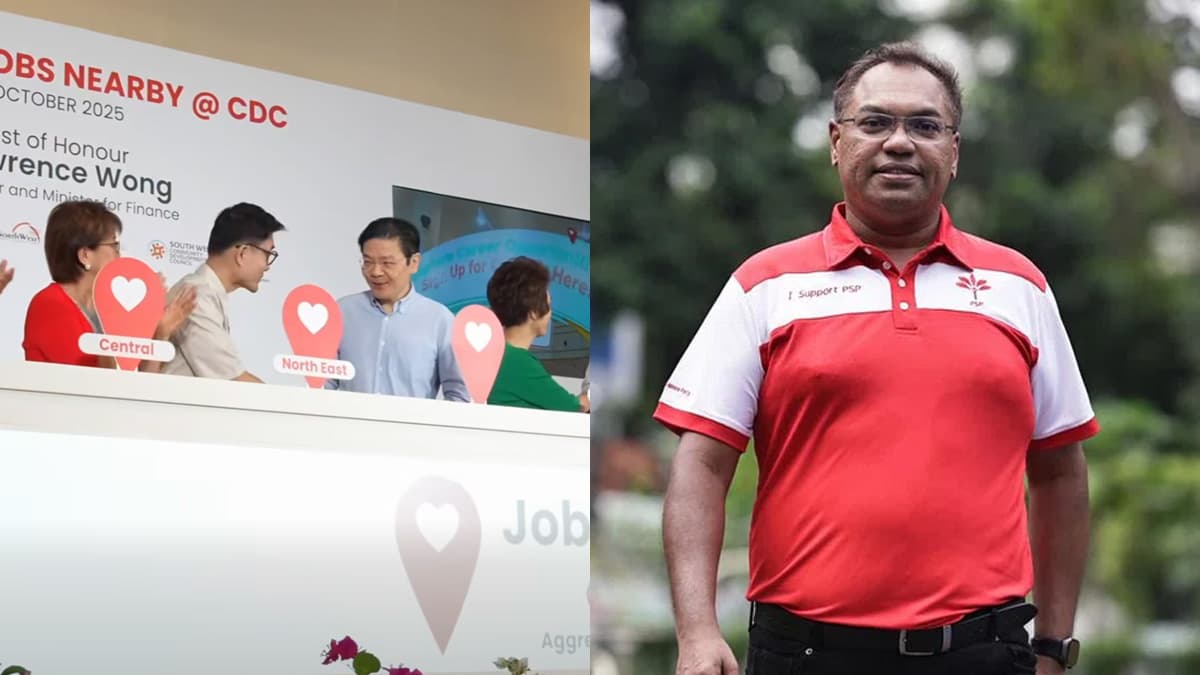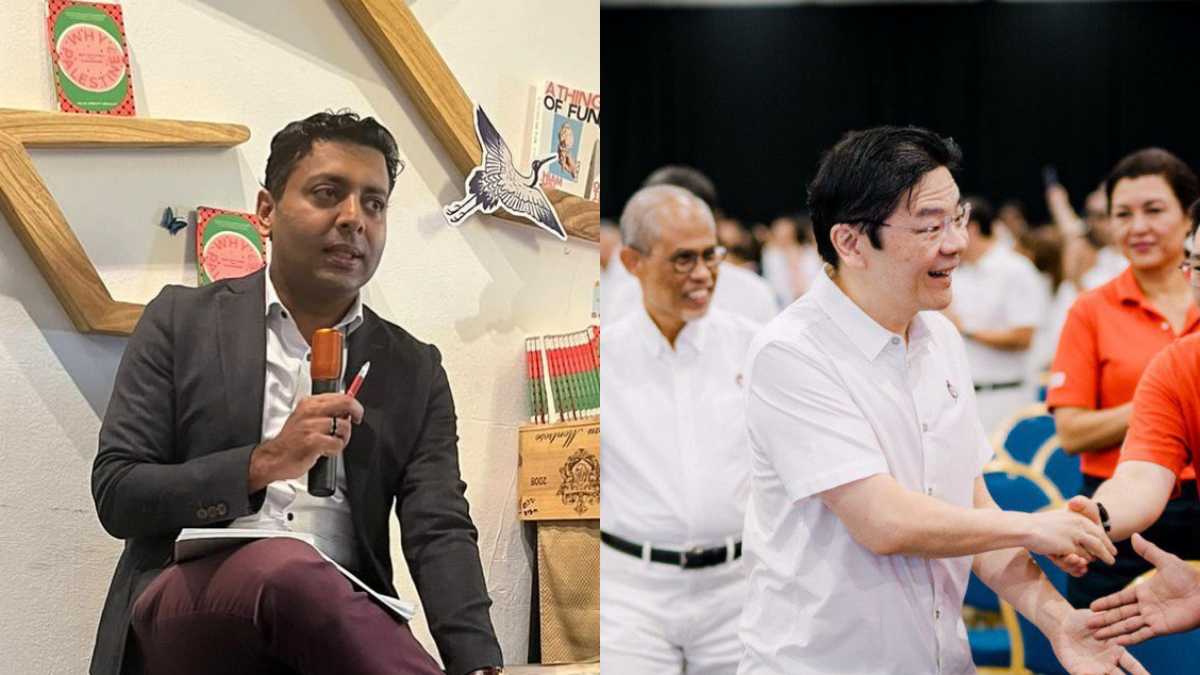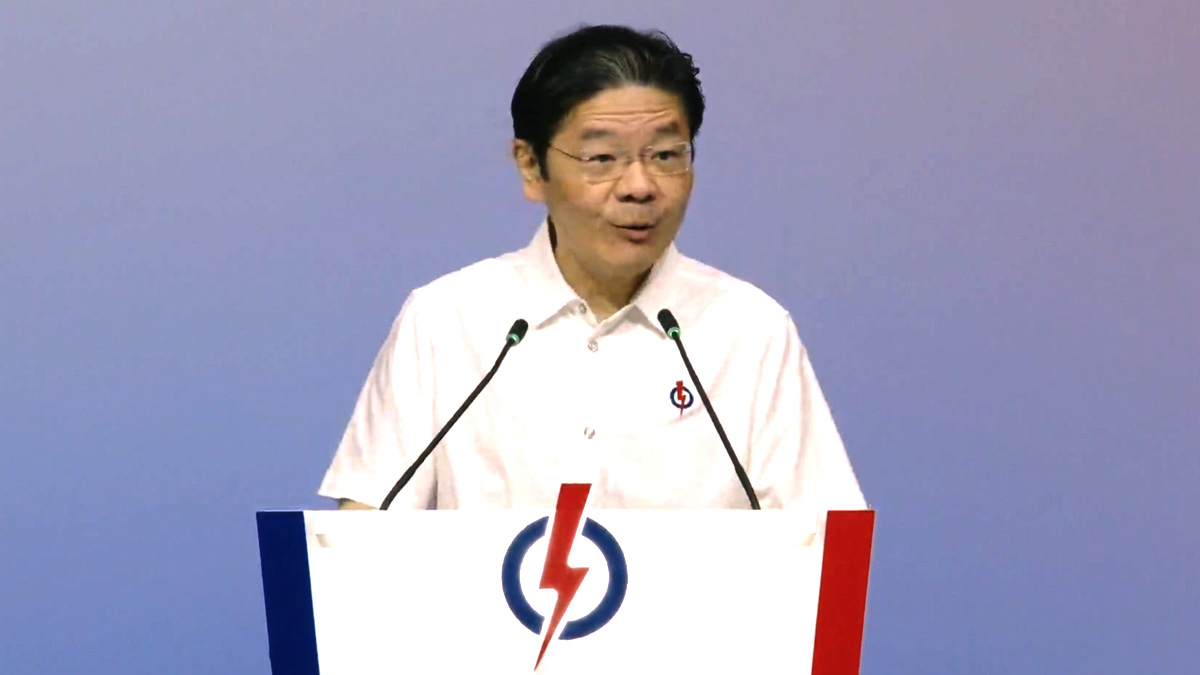Community job initiative mirrors PSP candidate Sani Ismail’s call for local employment
A new CDC-led job placement initiative focuses on helping residents secure work near their homes through localised job fairs and community outreach — a strategy that also mirrors proposals raised by PSP candidate Sani Ismail during the 2025 General Election.

A new job matching initiative launched by Singapore’s Community Development Councils (CDCs) aims to connect residents with jobs close to where they live, reflecting growing concerns about work-life balance, flexible work options and evolving labour market expectations.
The Jobs Nearby @ CDC programme was officially launched on 23 October 2025 by Prime Minister Lawrence Wong at Taman Jurong Community Club. Piloted earlier in the South West District, it will now be rolled out across all five CDC districts.
Under the initiative, each district will operate a localised job bank — separate from the national MyCareersFuture portal — offering part-time, full-time and flexible positions from employers based within the community.
Targeted help, local reach
To support jobseekers, job ambassadors will provide end-to-end guidance, while job clinics in heartland locations such as coffee shops and community clubs will help connect employers directly with potential hires.
PM Wong said that while national platforms such as SkillsFuture, Workforce Singapore, and the NTUC Employment and Employability Institute (e2i) remain essential, they must be complemented by ground-up efforts.
“Some job seekers have specific needs, such as working near home to better balance work and family responsibilities,” he explained, highlighting the importance of local matching.
Real-life impact and rollout success
South West District Mayor Low Yen Ling reported that over 350 residents had already engaged with the programme since its pilot phase in August, with 120 facilitated for interviews.
She said that many jobseekers — including seniors, caregivers and stay-at-home parents — often require closer support and face barriers when searching for jobs through national platforms alone.
One success story is Rosman Ibrahim, a 59-year-old part-time security officer who returned to work after years of unemployment due to kidney dialysis. The scheme, he said, gave him a renewed sense of purpose and financial stability while respecting his medical limitations.
Sani Ismail’s early proposal for job proximity
The CDC-led initiative bears notable resemblance to a key campaign promise made by Progress Singapore Party (PSP) candidate Sani Ismail during the April/May 2025 General Election.
Sani, contesting in West Coast–Jurong West GRC, proposed that jobs be created or attracted within the constituency to enable residents to work closer to home. Speaking during his campaign, he argued that this would directly improve quality of life by reducing commute time and strengthening community vibrancy.
“Wouldn’t it be convenient if you can get a good job, which is (near) where you live?” Sani asked, citing his experience in the UK where he helped design a workforce training and job transition programme.
He further suggested that both local businesses and multinational corporations could be engaged to set up operations within the constituency, with elected MPs facilitating a conducive economic environment for such efforts.
Shared aims, different approaches
While the ruling People’s Action Party (PAP) has previously pledged to enhance access to job-related support services — notably in its 2020 General Election manifesto, which included plans to set up satellite career centres in all HDB towns — these efforts focused on bringing career counselling and employment support closer to residents, not the jobs themselves.
In contrast, the PAP’s 2025 General Election manifesto shifts away from this geographically grounded framing. It outlines broader economic priorities such as building a dynamic economy, supporting PMETs, strengthening workplace fairness, and expanding SkillsFuture.
However, it does not mention any intention to locate jobs nearer to where people live, nor does it present a strategy for geographically targeted employment creation.
By contrast, Sani Ismail’s proposal during the 2025 General Election centred on the physical placement of jobs within residential constituencies, aiming to reduce commute times and improve work-life balance.
His approach drew from international experience in community-based employment transitions and called on elected MPs to play a role in attracting employers to local areas.
This vision is now reflected in the Jobs Nearby @ CDC scheme, which actively matches residents with neighbourhood-based employers through local job banks, job ambassadors, and on-the-ground engagement.
The initiative’s alignment with Sani’s campaign platform highlights an area of potential policy convergence, where ideas first raised by the opposition around community-centric employment are beginning to influence the shape of national strategies.










